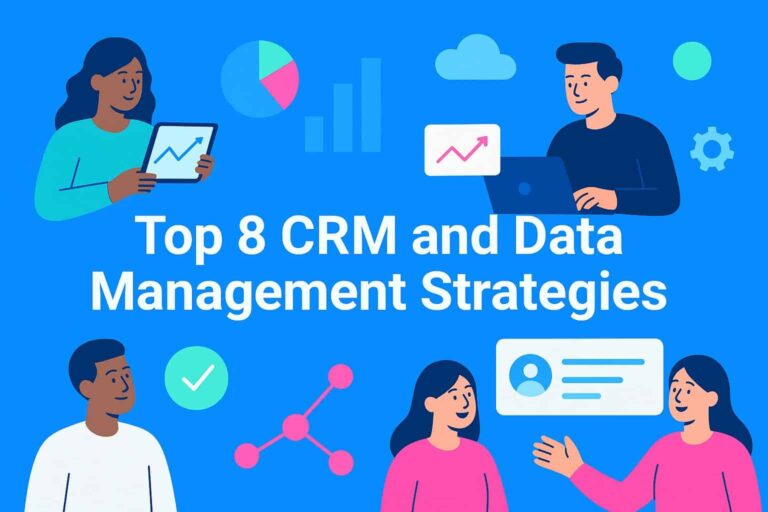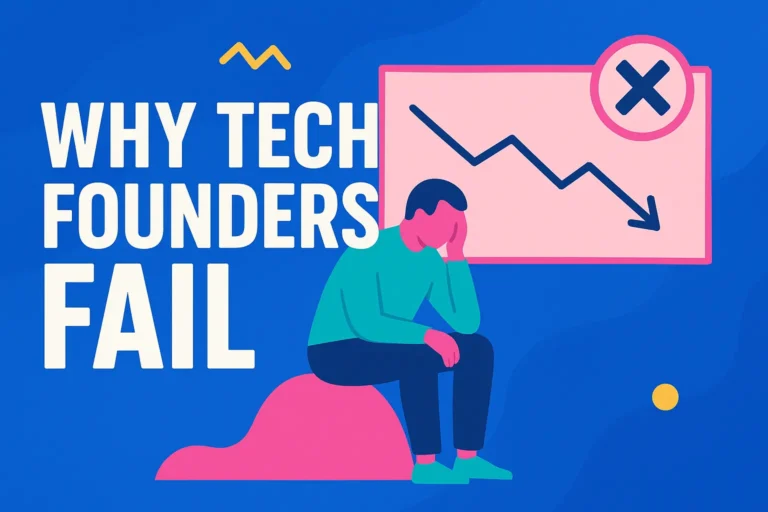Inspired by Earnest Hemingway…
The life of a B2B tech startup is not unlike Hemingway’s tales of struggle, resilience and unyielding passion. Tech founders often picture themselves as the grand heroes and fighters against impossible odds, searching for that one elusive “big fish.” No big egos to see here! Yet in the tumultuous seas of technology and innovation, it is not the product or solution that makes a company stand out; it’s marketing. Marketing is the beating heart that pumps the lifeblood of sales around the commercial corpus. It’s the force that steers the ship through uncharted waters and unknown harbours, and as any old fisherman might tell you, without bait, you’re just a man sitting in a boat with a line in the water.

The Hemingway Approach to B2B Tech Marketing
Ernest Hemingway was known for his straightforward, concise prose and in the early stages of a tech startup, the same clarity and focus are crucial. Marketing is the most important activity because, much like a well-crafted Hemingway novel, it gets straight to the point. Startups must convey the essential messaging matrix of: “What, Who and Why.” This is, what you do, who you do it for and why it matters to them. Your startup must accomplish this with absolute simplicity and clarity, while competing in a market flooded with noise and distractions.
Direct, Essential and Uncomplicated
In early-stage businesses, resources are as scarce as absinthe in a speakeasy during Prohibition. The temptation is to pour everything into product development and recruitment, but as Hemingway’s hard-learned lessons from bullfights and African safaris remind us, it’s not just about surviving, it’s about thriving. In a B2B tech environment, success hinges on reaching the right people, in the right way and at the right time. Marketing ensures that those messages don’t drown in the crowded sea of noise.
A Farewell to Products Alone
In “A Farewell to Arms,” Hemingway tells a story of love, loss and war. In the world of B2B tech, founders often fall in love with their solutions and their branded hoodies. They often think that if they build the perfect product, dress in the scruffy founder uniform of company-branded clothing and drive a Tesla, customers will come flocking. But this romantic notion seldom holds. The market is much like a battlefield and without a clear strategy, your startup is just one more soldier lost in the trenches. That is the reality, and perhaps why most startups fail.
The Shift to Market-Driven Growth
Marketing is the only thing that can effectively turn the tide in your favour. It is not enough to have a great product, because people need to know about it. The marketing function sets your company apart by telling a compelling story, creating emotional connections with target customers and driving the narrative in a way that speaks directly to their needs and pain points. It’s not about features and benefits; it’s about positioning your startup as a potential partner and your product as a must-have solution that will deliver the required business outcomes and customer value.
To Have and Have Not
In “To Have and Have Not,” Hemingway explores the divide between those who have resources and those who do not. For a tech startup, this divide is painfully clear: you either make the most of what you have, or you sink. Marketing is the lever that maximises those scarce resources, offering exponential returns on investments if done right. Startups must funnel as much of their available resources as possible to seed the market, generate sales opportunities and convert them. The sooner tech founders understand marketing isn’t an expense, it’s an investment, the better. As Hemingway might have said after a long night out in Paris, sometimes the best strategy is to play the cards you have, wisely and with calculated risk.
The Absinthe Mindset
Marketing for a B2B tech startup requires a touch of the daring, a bit like Hemingway’s affinity for absinthe, the “green fairy,” that famously fuelled his creative endeavours. Marketing teams need to bring that same sense of creative flair and bold experimentation to their strategies. Founders must allow marketing the time and space to try different ideas, tactics and campaign messaging without judgement. Only by testing in this way will important lessons be learned that can then be used to drive growth. Whether it’s a disruptive content marketing approach, a viral campaign or a data-driven push that targets hyper-specific buyer personas, the spirit of innovation must be ever-present.
Creativity and Boldness
It is this creativity in marketing that gives tech startups the edge they need against established competitors who might be better funded, better connected and more entrenched. In the early stages of a company’s life, product features can change and pivot, but don’t really make that much difference in the big scheme of things. However, a solid, creative marketing approach is what starts and maintains the momentum, bringing in leads and helping your business develop through its growth phases. While established competitors play it safe, using bland generic messaging with little emotional connection, startups can better differentiate themselves.
For Whom the Bell Tolls
In the story “For Whom the Bell Tolls,” the tolling bell represents the inevitable fate that awaits us all. In business, that bell rings for those who fail to grasp the importance of marketing, which is why the failure rate for tech startups is generally accepted to be around 90% within the first ten years. For tech founders, the question is not whether marketing is necessary, but whether you have the foresight to put it at centre stage? Commitment to marketing is demonstrated by funding it ahead of all other functions and recruitment choices. Failure to take marketing seriously, invest appropriately and make it core to your strategy will result in stalled growth and possibly worse. No amount of company-branded hoodies will change this fact or bail you out when you must re-mortgage the house to fund your business.
The Market’s Judgement
Startup founders must know that there are no guarantees of success. Every decision and move you make is just about trying to shift the odds slightly more in your favour than they were before. The best products can be overshadowed by louder, better-funded competitors who invest more in their brand. If you’re not telling your story, no one else will. If you’re not marketing directly to your target prospects, I can guarantee your competitors are. When venture capitalists invest, they aren’t just looking for great ideas; they’re looking for companies that can execute on their scaleup plan. It’s impossible to scale without the capability to stimulate market demand. Marketing, not sales, creates that demand, helping you turn initial curiosity into long-term loyalty.
The Sun Also Rises
As Hemingway moved from Paris to Spain and from Key West to Cuba, he embraced each place for what it was, adapting to his surroundings. Tech startups must also adapt as they grow and as the economic environment changes. Early on, marketing is scrappy and improvisational; there is nothing wrong with unpolished but effective tactics, like mixing cocktails with whatever you have at hand. You do the best you can with what you have. As the company grows and more resources become available, marketing becomes a more mature, data-driven operation that requires specialisation and, as always, tight alignment with sales.
Marketing at Different Startup Stages
At each stage of growth, your marketing needs evolve. At first, it’s about stimulating brand awareness and getting those critical first customers through the door. As the company moves forward, marketing needs to focus on nurturing new relationships, driving conversions and expanding market share. Even when scaling internationally, the essence of Hemingway’s approach – keeping things straightforward and customer-focused remains relevant.
The True North of B2B Tech Marketing
Like Hemingway’s tales of adventure and introspection, the journey of a B2B tech startup is full of challenges, risk and moments of truth. If there’s one lesson to take from the old master himself, it’s that survival depends on mastering the basics. Marketing is the one non-negotiable that guides startups from obscurity to success. It is the compass that points toward growth, guiding companies through uncertainty and keeping them grounded in what matters most: a total, unwavering focus on the target audience and executing the plan. To overlook marketing is to miss the forest for the trees; it isn’t just a task, it’s the human story of your startup. As Hemingway would insist, it’s a story worth telling, one glass of absinthe at a time.
You may want to read: “Top 7 Steps of a Successful B2B Tech Startup”






